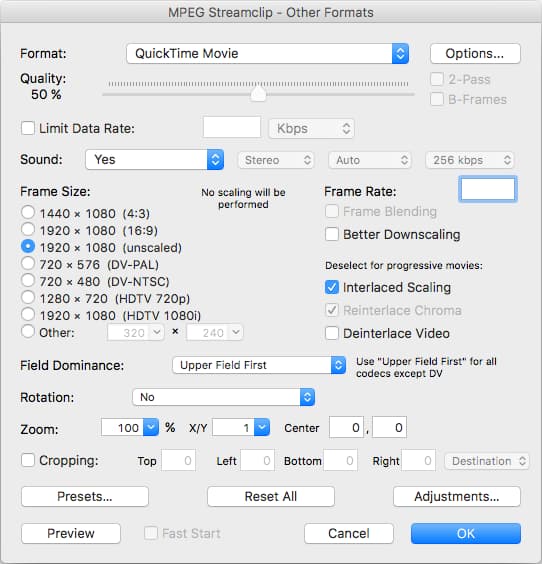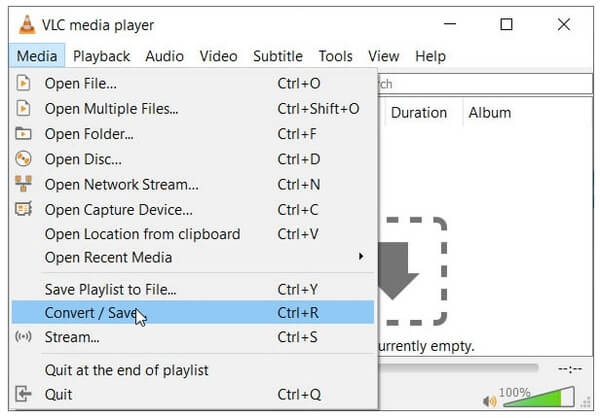
- #FREE .MTS FILE CONVERTER REVIEW PATCH#
- #FREE .MTS FILE CONVERTER REVIEW FULL#
- #FREE .MTS FILE CONVERTER REVIEW SOFTWARE#
- #FREE .MTS FILE CONVERTER REVIEW CODE#
- #FREE .MTS FILE CONVERTER REVIEW PC#
These paths would be the same in a regular DAW, but in a regular DAW you can’t see how things are actually connected behind the scenes.
#FREE .MTS FILE CONVERTER REVIEW PATCH#
This is because with Bidule, you can see the patch paths used. Scala files generated by any of these programs can immediately be loaded into MTS-ESP Mini for musical exploration.įor the illustrations, I’m using Plogue Bidule rather than a standard DAW. For those on the iPad or iPhone, Marcus Hobb’s Wilsonics free app is also highly recommended to explore the universe of tunings proposed by the late Mexican-American tuning theorist Ervin M. Further no-budget expansions of this can be obtained with the use of Scala, or Sevish’s on-line Scale Workshop ( ). As a means of introducing microtonality to a class of students, especially students of limited financial means, this is superb. scl file when you play the keyboard of your controller. Then, when MIDI from your controller is plugged into your synth/sampler of choice, you should be hearing the tuning of the selected.

One Scala file at a time is loaded into the MTS-ESP Mini. scl files from the Scala websiteįor most DAWs, you load the Oddsound MTS-ESP Mini into a separate channel as an instrument plugin.
#FREE .MTS FILE CONVERTER REVIEW PC#
So for no money, you can explore microtonality on your Mac or PC with the following set-up: You can download a free file of 5,104 different.
#FREE .MTS FILE CONVERTER REVIEW FULL#
Plus, it’s a full featured sampler, so you can easily roll your own sample sets as well. There are plenty of those available free on the internet.
#FREE .MTS FILE CONVERTER REVIEW CODE#
Various developers in different forums have remarked about how easy it was to add the compatibility code to their machines.ĬWITEC’s TX16Wx will load sf2 soundfonts and sfz sample sets as well. Developers who want to add MTS-EPS capability to their softsynths can check out the website – apparently all that’s necessary is to add two short blocks of code to your software. Both Modulair and Pendulate simply accept the presence of the Mini or Master. To make sure of this in Surge, in the upper right, under Status, click Tune and in the pop-up box, make sure Use ODDsound MTS-ESP (if loaded in DAW) is checked. All of the Surge, Modulair and Pendulate synths will automatically detect the presence of MTS-ESP Mini, or the MTS-ESP Master. To retune the TW16Wx to accept MTS-ESP signals, just go to Settings and scroll down and tick the checkbox for Enable MTS-ESP Microtuning Support (requires active master plug-in).

At the moment, there are four free synthesizer/samplers out there that have MTS-ESP capability built in, CWITEC’s TX16Wx sampler ( ), Surge 1.9 from the Surge Synthesizer Project ( ), Modulair from Full-Bucket Music ( ), and the Pendulate monosynth from Newfangled Audio (). Use them to instantly retune any MTS-ESP compatible synthesizer with no connection between the MTS-ESP Mini and the synthesizer necessary (that’s the “ESP” part of the name). tun (for more information go to the Scala website: ). Installed in your computer it will allow you to download any tuning file made in Scala.

MTS-ESP Mini is the simplest, so let’s cover that first.

#FREE .MTS FILE CONVERTER REVIEW SOFTWARE#
They work wonderfully, and the adoption of them by the software synthesizer community has been rapid and inspiring. The results are now available in two forms: MTS-ESP Mini (free), and MTS-ESP Suite (£80 GBP). A few years ago, however, a team of British software designers (Oli Cash, Damon Hancock, and Dave Gamble) teamed up with Richard James (Aphex Twin) to develop a universal MIDI Tuning Standard implementation for personal computers, and selected hardware synthesizers as well. Unfortunately, only a few designers (Native Instruments FM8, Jacky Ligon’s now discontinued 32-bit XenArts software synthesizers and samplers) took up the challenge of incorporating MTS into their designs and for many years, it looked like MTS was an orphaned technology. The invention of the MIDI Tuning Standard (MTS) by Carter Scholz and Robert Rich in 1992 was a way to overcome these problems, with a universal and very fine-tuned specification for synthesizer design. Although microtuning of software synthesizers has been around for years (since 1992 in fact), mostly using tuning files generated by Manuel Op de Coul’s free Scala program, the implementation of that tuning across different synthesizers and platforms has been, at times, wildly inconsistent.


 0 kommentar(er)
0 kommentar(er)
